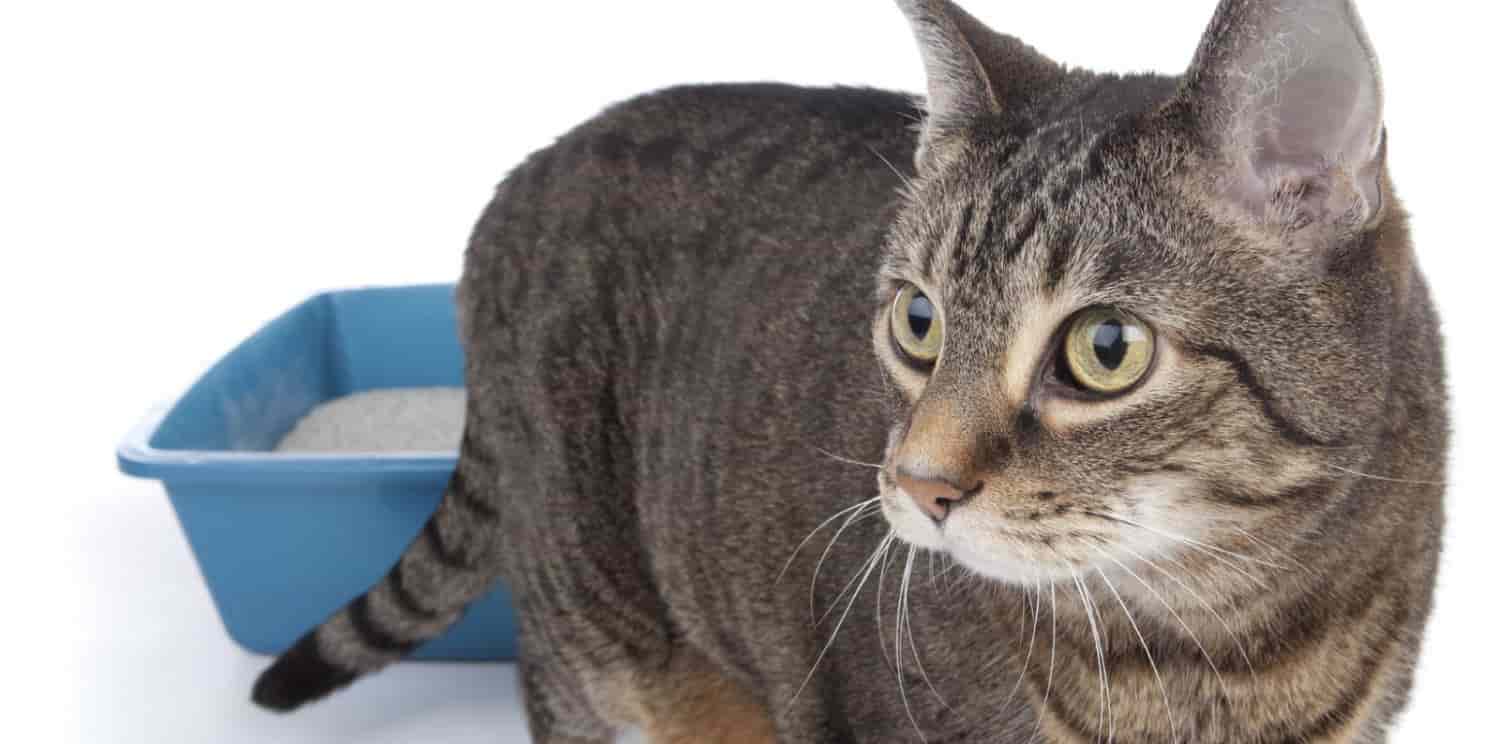What could cause urinary issues in cats?
Original Question: I have 4 cats and one of the cats was urinating outside of the litter box (right beside it), in the upstairs bathroom cupboard door, on some furnace vents and a wall sometimes. It was maybe once a week but now it has become every few days right beside the litter boxes or on the stairwell wall as the bathroom is closed off. The only one I saw doing this is an 11-year old, medium hair domestic urinating up the side of the cupboard. I took him to the vet (he practically hyperventilates when going). He had blood work and urinalysis done and he had lost 1 kg. As with one of the other cats he has high T4 levels (hyperthyroidism) and is now taking Methimazole. There was a slight touch of blood in urine. He eats relatively well (fussy) and he likes attention when you are around. He had been spending a lot of time under a futon in the basement or desk there in another room away from litter boxes almost hiding. Litter is cleaned daily. Last week while I was away he took a poop on the floor upstairs while my son was watching over the cats. Insulin was a challenge but urinating is a larger issue with the odours it creates and it is hard to tell in some instances that it has happened. Any thoughts? Ps. Watched your video. - Bob
 Jul 30, 2017
Jul 30, 2017
Hi Bob,
Good on you for paying close attention to your cats and getting him looked at. Hyperthyroidism is a relatively good diagnosis compared to diabetes or kidney failure which also can cause these urinary issues in cats. It would be worth getting a urine culture done to make sure there isn’t a urinary tract infection. Otherwise, I would be considering behavioral or stress issues. Things may improve the longer he is on Methimazole but his problems may be multifactorial and could involve additional changes such as diet or supplements to aid in managing the urinary problems.
Best of luck to you and your cats.
Dr. Ryan Llera


Disclaimer: healthcareforpets.com and its team of veterinarians and clinicians do not endorse any products, services, or recommended advice. All advice presented by our veterinarians, clinicians, tools, resources, etc is not meant to replace a regular physical exam and consultation with your primary veterinarian or other clinicians. We always encourage you to seek medical advice from your regular veterinarian.

